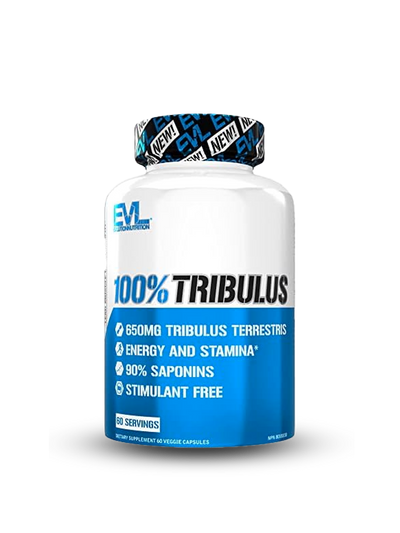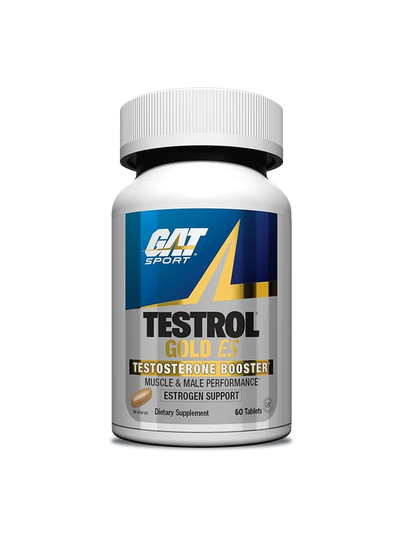Introduction
Testosterone, a crucial hormone for both men and women, plays a vital role in various bodily functions, including muscle development, bone density, and overall well-being. As interest in optimizing testosterone levels grows, individuals are faced with the decision of choosing between natural methods, involving lifestyle changes and dietary choices, and synthetic alternatives like testosterone replacement therapy (TRT). In this blog post, we'll explore the pros and cons of each approach to help you make an informed decision about the best path for you.
Natural Testosterone Boosters
Pros:
- No Side Effects:
Natural testosterone boosters, which involve adopting a healthy lifestyle and making dietary changes, generally have minimal to no side effects. This approach focuses on optimizing overall health, positively influencing testosterone levels without introducing foreign substances to the body. This is particularly appealing for those who prioritize minimizing potential risks associated with synthetic options.
- Holistic Health Benefits:
Lifestyle changes, including regular exercise, adequate sleep, improves male fertility and stress management, contribute to overall health improvement. This holistic approach not only supports healthy testosterone levels but also enhances general well-being. Physical activity, for example, not only stimulates testosterone production but also benefits cardiovascular health and mental well-being.
- Cost-Effective:
Adopting a healthy lifestyle and making dietary adjustments can be more cost-effective in the long run compared to ongoing expenses associated with synthetic options like Testosterone Replacement Therapy (TRT). The financial burden is often lower, making natural methods accessible to a broader population.
- Sustainable Long-Term Solutions:
Natural methods provide sustainable, long-term solutions. Establishing healthy habits becomes a lifestyle rather than a short-term intervention. This sustainability is advantageous for maintaining optimal testosterone levels over the course of one's life.

Cons:
- Requires Patience:
One of the drawbacks of natural testosterone boosters is that they often take time to yield noticeable results. Individuals seeking quick fixes may find the gradual nature of these changes challenging. Patience and consistency are key to realizing the benefits of natural methods.
-
Effectiveness Variability:
The effectiveness of natural methods can vary among individuals. Genetics, age, and underlying health conditions can influence the degree to which lifestyle changes impact testosterone levels. While some individuals may experience significant improvements, others may see more modest results. This variability underscores the importance of personalized approaches to natural testosterone enhancement.
In conclusion, the use of natural testosterone boosters offers several advantages, such as minimal side effects, holistic health benefits, cost-effectiveness, and sustainable long-term solutions. However, individuals must be aware of the potential drawbacks, including the need for patience in seeing results and the variability in effectiveness among different people. Ultimately, the decision to pursue natural methods should align with an individual's preferences, goals, and commitment to making lasting lifestyle changes.
Synthetic Testosterone Boosters (Testosterone Replacement Therapy - TRT)

Pros:
- Rapid Results:
One of the significant advantages of Testosterone Replacement Therapy (TRT) is its ability to lead to rapid increases in testosterone levels. This makes it a viable and swift solution for individuals with clinically low testosterone who require quick intervention to address symptoms such as fatigue, low libido, and muscle loss.
- Precision Control:
Synthetic testosterone allows for precise control of hormone levels. This precision is beneficial for individuals requiring specific adjustments based on medical conditions. Healthcare providers can tailor the dosage to meet the patient's unique needs, ensuring optimal therapeutic outcomes.
- Potential for Significant Improvements:
For individuals with severe testosterone deficiencies, TRT can result in substantial improvements in various aspects of health, including energy levels, muscle mass, bone density, and overall quality of life. The positive effects can be particularly pronounced in cases where low testosterone levels are significantly impacting well-being.
Cons:
- Side Effects:
Synthetic testosterone comes with potential side effects, ranging from mild to severe. Common side effects may include acne, mood swings, and, in extreme cases, cardiovascular issues. The introduction of exogenous hormones can disrupt the body's natural hormonal balance, leading to these adverse effects.
- Dependency:
Individuals undergoing TRT may become dependent on external testosterone supplementation. Discontinuation of TRT may lead to a drop in natural testosterone production, potentially causing a variety of symptoms and complications. This dependency factor requires careful consideration when deciding to start TRT.
- Cost and Commitment:
TRT can be expensive, involving ongoing medical supervision, regular blood tests, and a commitment to a consistent treatment schedule. The financial and time commitment aspects are important factors for individuals considering TRT, as it requires regular monitoring and adjustments to ensure optimal results.
- Potential for Abuse:
In some cases, individuals may abuse synthetic testosterone for performance enhancement purposes. This can have serious health consequences, including cardiovascular issues, liver damage, and psychological effects. The potential for abuse underscores the importance of responsible and medically supervised use of synthetic testosterone.

Conclusion:
In choosing between natural and synthetic testosterone boosters, it's essential to weigh the pros and cons based on individual health needs and preferences. Natural methods offer a holistic, sustainable approach with minimal side effects, while synthetic options like TRT provide quicker results but come with potential risks and dependencies. Consulting with a healthcare professional is crucial to determine the most suitable approach for optimizing testosterone levels while prioritizing overall health and well-being.








